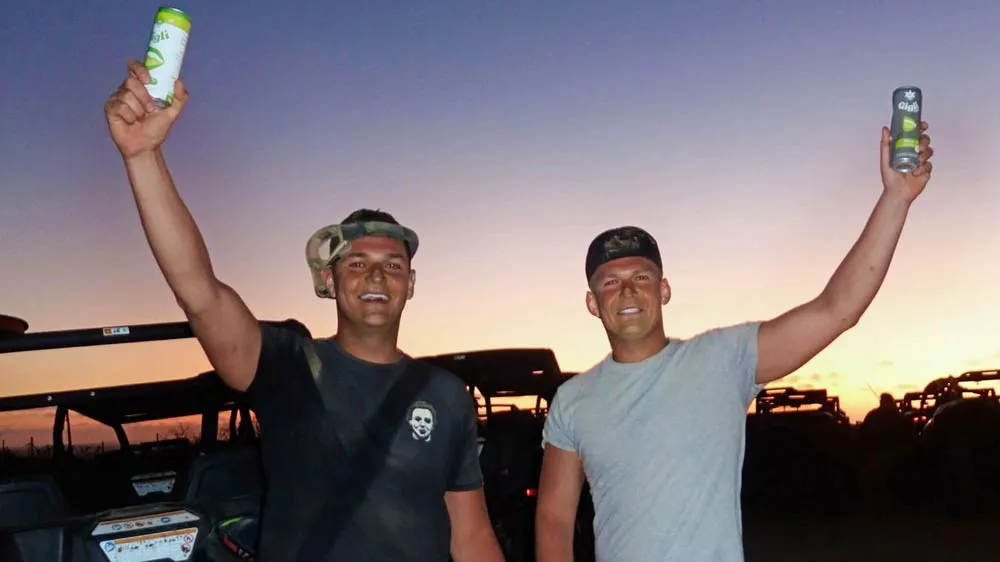December 23, 2016
Living Beyond Breast Cancer Offers 10 Tips For Finding Support During The Holiday Season
EDGE READ TIME: 3 MIN.
For 25 years, Living Beyond Breast Cancer (LBBC) has provided all people affected by breast cancer with a trusted source of information and a community of support. These services can be particularly important during the holiday season as people struggle to find hope and share in the holiday spirit. �
Karen Hegedus, 43, of Limerick, Pa., recently received the devastating news that her breast cancer, which had been in remission for two years, had returned and spread to her bones. She is undergoing radiation and chemotherapy to control it for as long as possible. Her family, with two high school-age children, is under financial strain, still catching up with old medical bills.
"I grew up loving Christmas, but sometimes, with chemo and its side effects, it's hard to walk -- going shopping with the kids and setting up decorations is hard," Hegedus says. "My husband and kids take on a lot. My son's already planned Christmas dinner this year. My friends will drive me to the grocery store or take me and my daughter shopping in a group. They'll help with dinner -- my girlfriends set up a meal calendar for the holidays."�
LBBC helped Karen find community and emotional support. "I don't find a lot of people with metastatic cancer around here," says Hegedus, who works for a local township's parks and recreation department. "I was very active and used to coach and play volleyball and work out, and now it's really hard trying to find a new normal."
"At this time of year, community is everything," says Jean A. Sachs, MSS, MLSP, CEO of Living Beyond Breast Cancer. "We try to provide that community in various ways -- including through our blog, social media, and our peer-staffed Helpline. We are running television ads this season that connect people with our Helpline �and 10 ways for finding support.
Here are LBBC's 10 Tips For Getting Good Support:
1. Surround yourself with good listeners.
2. Be as open as you can about what you're thinking and feeling.
3. Avoid people who make you feel uncomfortable.
4. Ask other people who have had breast cancer what resources they found helpful.
5. Tell people when you need them to stop "helping" and start listing.
6. Be specific about what you need.
7. Be specific about what you don't need.
8. Talk with people who put you at ease.
9. If someone starts to tell you stories or give advice you don't want to hear, ask the person to stop.
10. Contact the LBBC Breast Cancer Helpline at 888-753-LBBC and talk to someone who has had breast cancer.
"When it seems that everyone around you is celebrating and socializing, facing cancer treatment and its effects can be doubly hard," Sachs says. "But we want everyone affected by breast cancer to know that they don't have to face it alone."
LBBC's mission is to connect people with trusted breast cancer information and a community of support. National conferences, Breast Cancer 360s, the Guides to Understanding Breast Cancer, and a toll-free Breast Cancer Helpline are provided at little or no cost.
For information, call 855-807-6386 or visit LBBC.ORG


